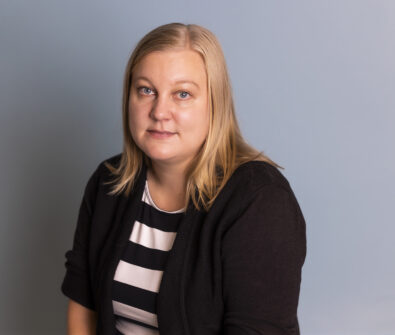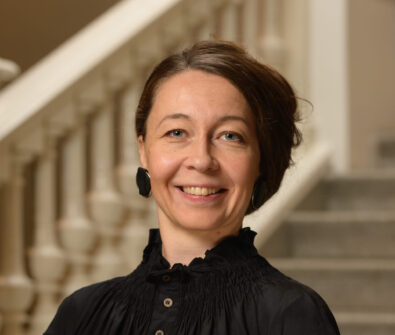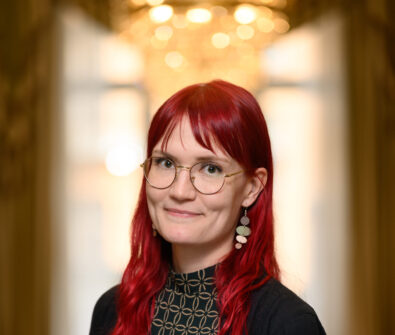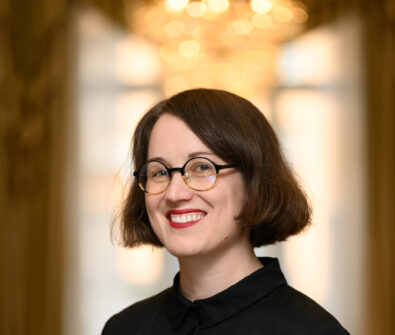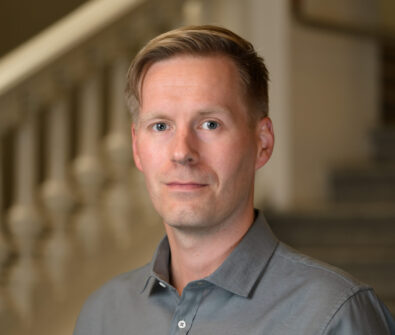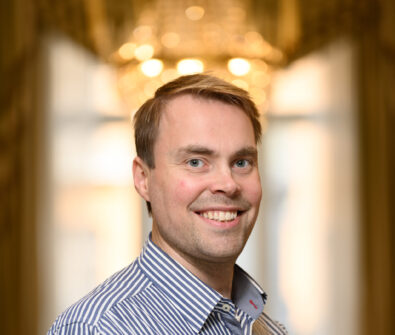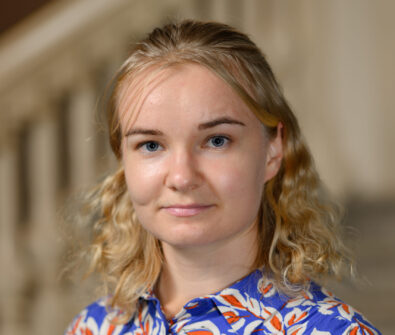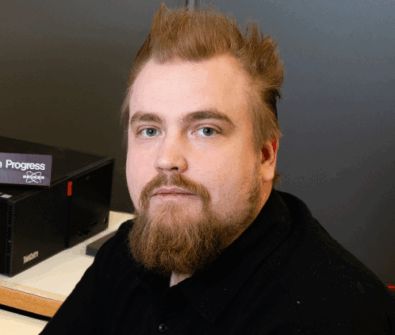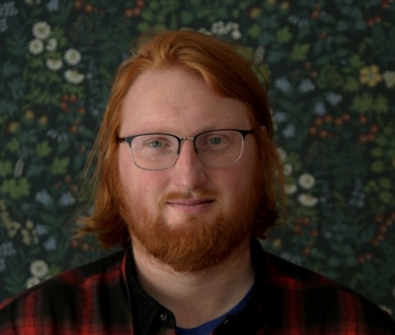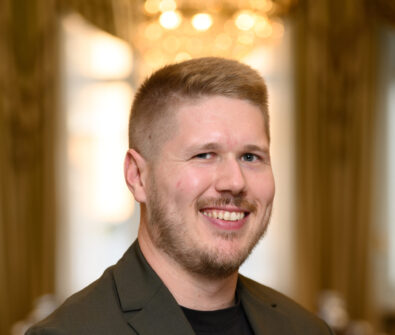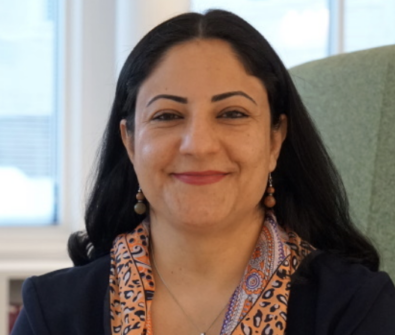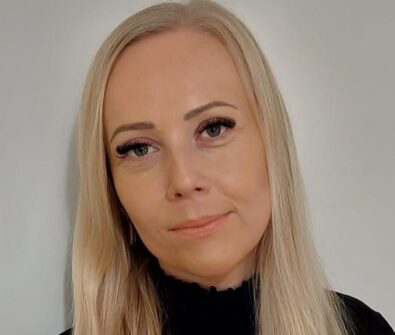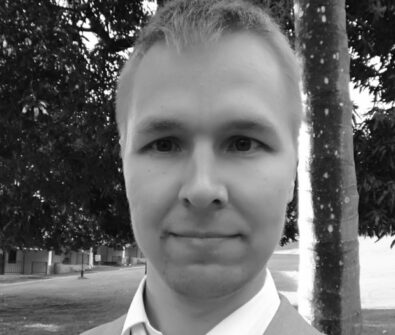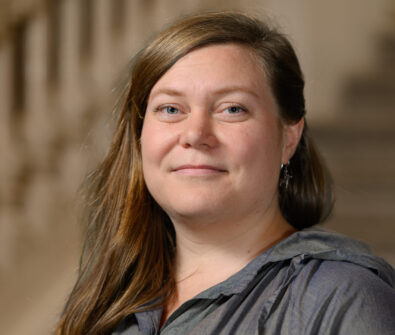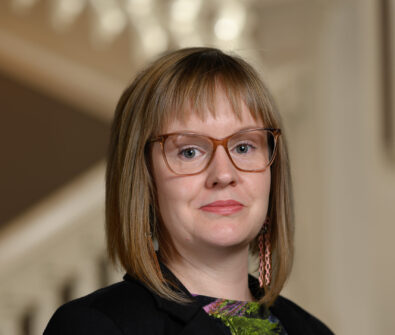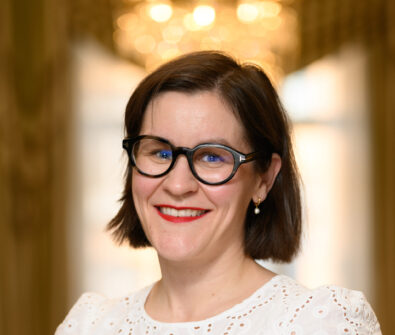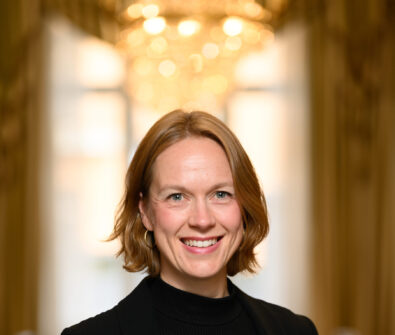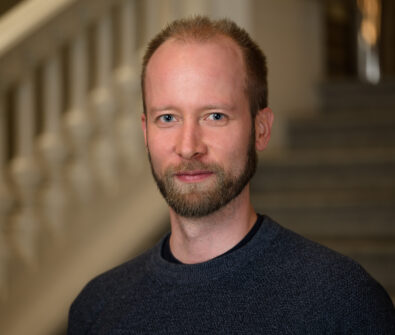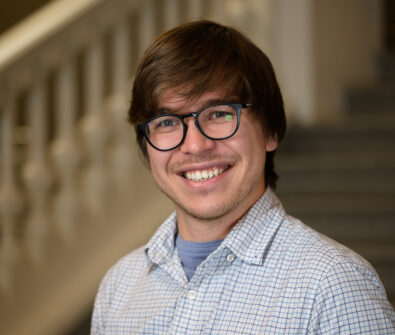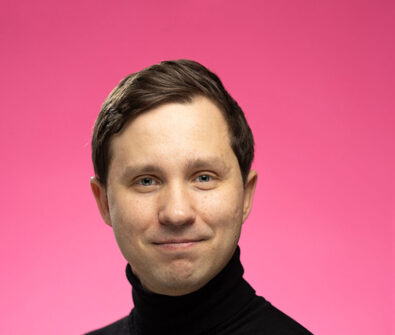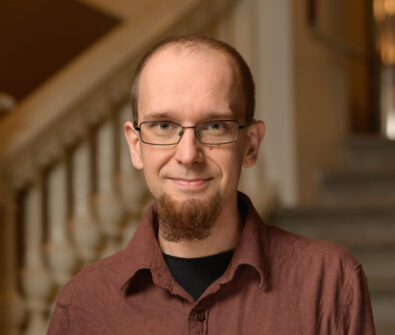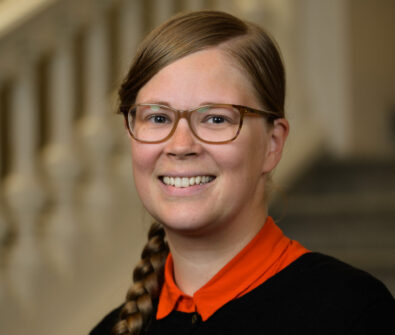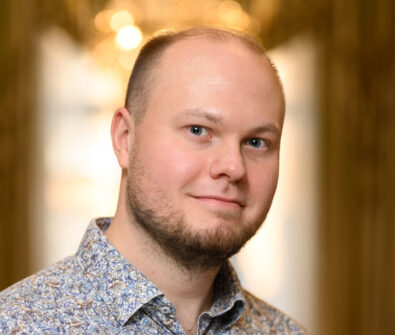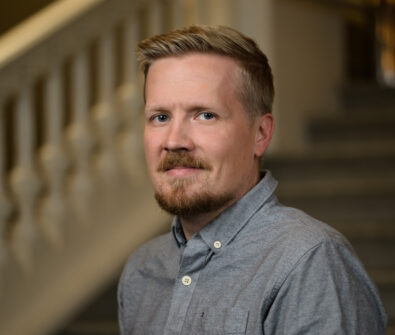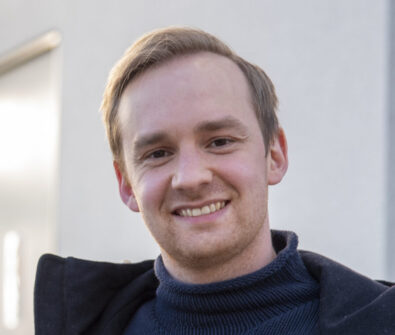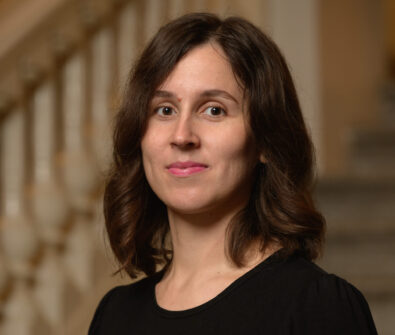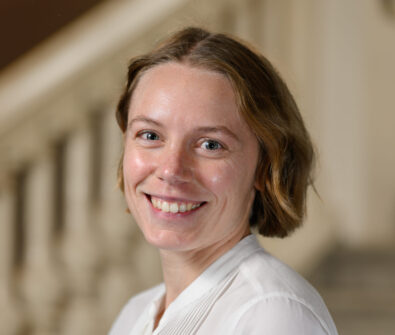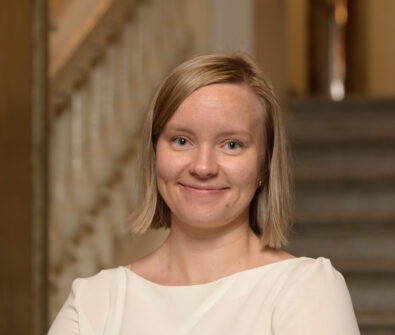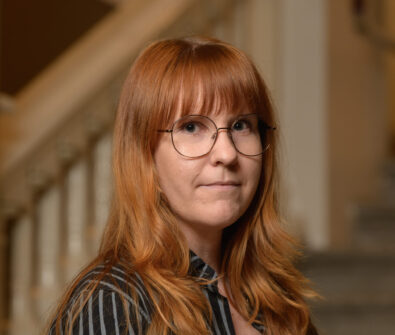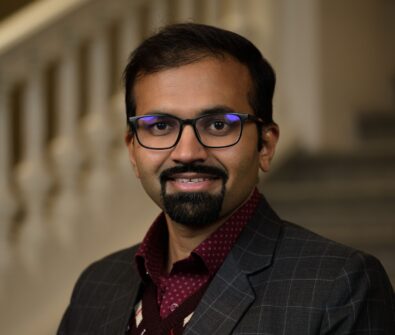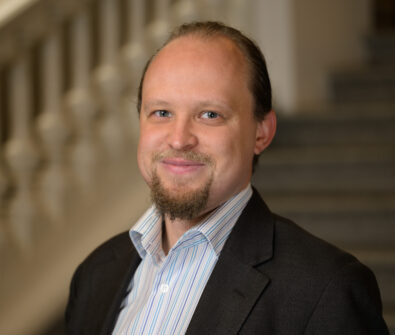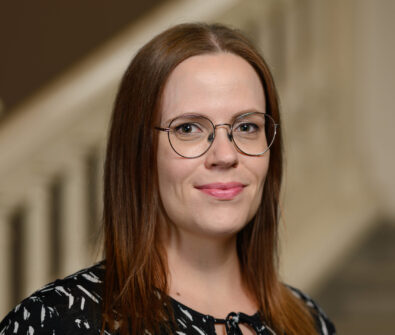Video series for schools How Science Works Academy Club presentations
Video series for schools
In 2022-2024, the Young Academy Finland produced a four-part video series, linked to annual calendar days, with parts that provide plenty to discuss in lessons. The series is aimed specifically at secondary school and high school students, and its parts are suitable for lessons in subjects such as psychology, science, history and philosophy of life, as well as for educational guidance. The series was supported by the Niilo Helander Foundation and partly produced in cooperation with the Finnish Academy of Science and Letters. Two of the videos have also subtitles in English.
The UN International Day of Women and Girls in Science and Technology, 11 February
The video looks at the reasons why science has been perceived as a cavalcade of great men and reflects on gender equality in research. In addition to historical examples, today’s women scientists talk about their career paths and the challenges they face in the world of science. The video is suitable for students in secondary schools and upper secondary schools, especially for lessons in history and natural sciences. The duration of the video is approximately 15 minutes and the video is available with subtitles in Finnish and English.
World Mental Health Day, 10 October
The video, targeted at upper elementary schools and high schools, addresses the well-being of young Finns from many different perspectives. The video provides food for thought and insights into topics that could be discussed in class, for example in the context of psychology or health education. The themes include promoting well-being in school environments, mental health challenges faced by sexual and gender minorities, and the relationship between social media use and mental health.
How Science Works
In 2022, a meeting of Nordic and Baltic young academies in Helsinki came up with the idea of collaborating to produce short science videos in national languages. In the videos, researchers present an essential aspect of their research. At the same time, each of the participating academies translated their own video into English, which was used as a basis for translating the videos into other languages. The result was three videos (from Finland, Latvia and Denmark) in four different languages.
Why study humour?
Antti Lindfors, a member of the Young Academy Finland, talks about studying humour. Lindfors discusses what is interesting about humour and why humour research is important for society.
Why Do We Need Teams in Research?
Andreas Hougaard Laustsen-Kiel, member of the Danish Young Academy, talks about the importance of interdisciplinary research in generating new knowledge.
Why Invest in Science?
Eduards Bakis, a member of the Association of Latvian Young Scientists, talks about the achievements of Latvian science and the importance of investing in education for the national economy.
Academy Club presentations
At the Young Academy Finland’s Academy Clubs, members give presentations on their research and answer questions from the audience. Dozens of presentations and Q&A sessions on a wide range of topics are available on the Young Academy’s YouTube channel, some of them in English.


